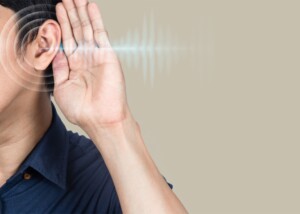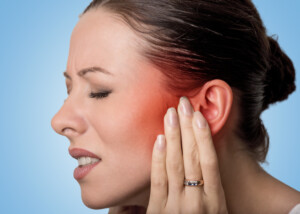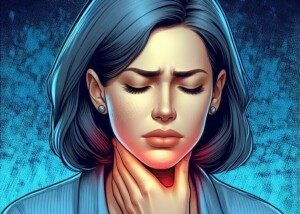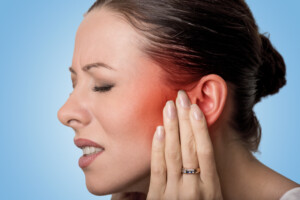
Yes, TMJ disorder can definitely be made worse by weather changes, but there are six things you can do to help prevent problems with pain and other troublesome issues.
If you’re wondering if you’re not imagining that the weather makes your TMJ disorder worse, here’s a fun but true piece of data:
Your thinking is along the same lines as Hippocrates, as is evident from his statement of around 400 B.C.:
“Whoever would study medicine aright must learn of the following subjects. First he must consider the effect of each of the seasons of the year and the differences between them. Secondly he must study the warm and the cold winds, both those which are common to every country and those peculiar to a particular locality…” — Hippocrates, “Airs, Waters, Places”, 400 B.C.
Changes in Weather and TMJ Disorder
“The cause of TMJ disorders seems to be a multifactorial one including genetics, behaviors, trauma, muscle physiology, anatomy of the jaw (and head) and teeth, stress, diet, sleep and exercise,” says Brijesh Chandwani, DMD, BDS, Diplomate, American Board of Orofacial Pain, with Connecticut & NY TMJ.
“Weather changes are known to influence TMJ disorders in several ways,” says Dr. Chandwani.
“Temperature changes, relative humidity, barometric pressure and precipitation can impact pain in their own way.”
Temperature Changes and the TMJ
“Scientific information on this topic is confusing, as weather changes do not impact people in a predictable way,” says Dr. Chandwani.
“For example, someone who is used to skiing (cold weather) would tolerate freezing weather, while another individual may experience their TMJ disorders being flared up by exposure to cold freeze.
“Extreme cold or heat can also act as an acute stressor to certain individuals and trigger TMJ disorders.”
Barometric Pressure/Precipitation
Do you have a barometer at home? If not, you should get one. This way you’ll get some advance warning of worsened TMJ symptoms.
“There is a good reason why rainy weather comes with feeling blue or depressed,” says Dr. Chandwani.
“Barometric pressure or atmospheric pressure has been associated with increased joint pain, sinus pain and headaches.
“Scientific proof in this regard is good in that there is an incremental increase in pain with drop in barometric pressure.”
Remember, the “TMJ” is a joint, so it shouldn’t be surprising that, like other joints of the body in some people, it acts up in response to changes in weather.
Preventing Weather Changes from Making TMJ Disorder Worse
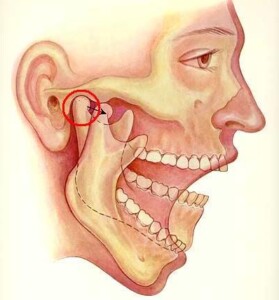
Theirry Canuel, CreativeCommons
Dr. Chandwani explains, “I always recommend to patients that if they encounter more symptoms during certain weather, try undertaking preventive measures to address the symptom before it occurs.”
Dr. Chandwani recommends the following:
• Body or facial massage
• Herbal tea 2-3 times per day
• “Gently massage and stretch the jaw and temples with fingertips for 1-2 minutes a few times per day.”
• “Take acetaminophen or ibuprofen if your medical condition permits.”
• Go for a run, and if you’re deconditioned, then aim for a vigorous walk. If you use a treadmill, do not hold on, but instead, swing your arms naturally.
Natural movement is always very important and keeps muscles and joints more relaxed.
• Take a day off from work, and don’t just lounge around the house; go someplace enjoyable.
Dr. Chandwani also recommends going to arthritis.org/living-with-arthritis/tools-resources/weather/ and plugging in your ZIP code to get an instant weather report which includes wind and barometric reading.
You can also get an updated wind and barometric report from your local online newspaper or an app for your phone.
If your TMJ disorder suddenly starts getting worse, and you check the current wind and barometric readings, you may just find a strong correlation.


